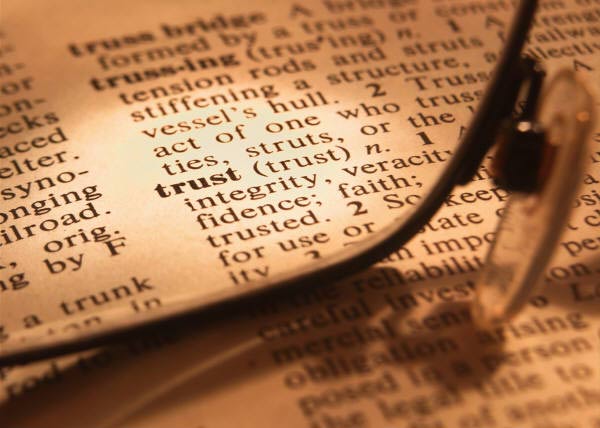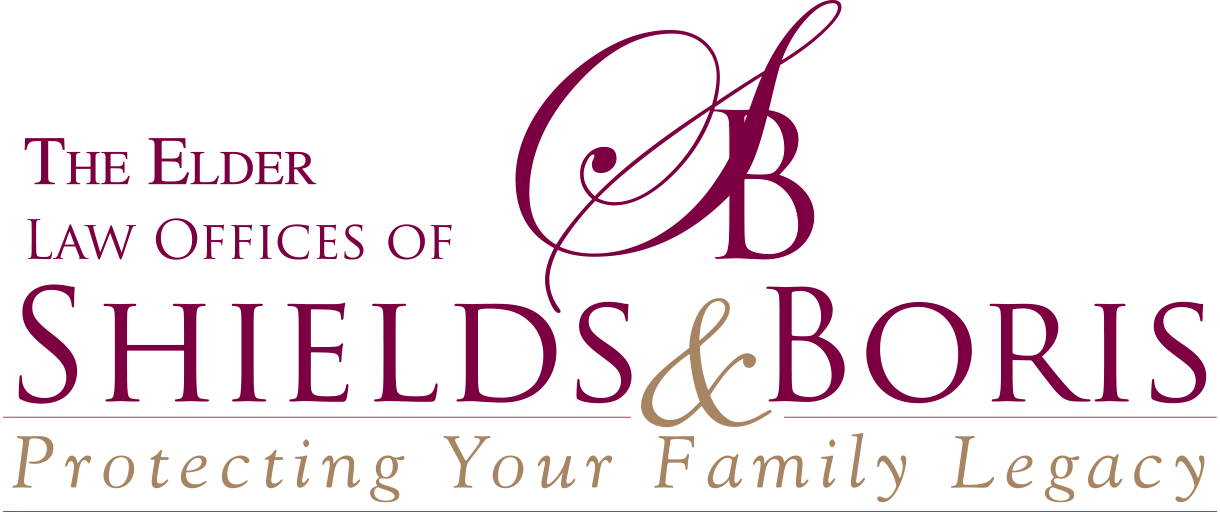What Can Be Placed in My Trust?
Posted on April 12, 2024 by shieldsandboris
A trust can be a highly effective estate planning tool. In many situations, a trust can be a cost-effective way to protect assets, preserve wealth, and achieve certain goals. You may be wondering: What can actually be placed in a trust? The short answer is that you can place virtually any type of property within a trust. At The Elder Law Offices of Shields & Boris, we have experience handling the full range of trusts. Within this article, our Pennsylvania estate planning attorney provides a comprehensive guide to what you can place in a trust.
Estate Planning and Trusts: Understanding the Basics
Trusts are a potentially valuable estate planning tool. They are vehicles that can potentially offer cost-effectiveness and efficiency. Broadly speaking, a trust is a type of legal arrangement. With a trust, one party—the trustee—holds the right/title to property on behalf of another party—the beneficiary. The beneficiary may or may not be the person who initially set up the trust. In other words, a trust is a legal entity that can “own” a particular asset. For a number of different reasons, there may be advantages to putting certain property/assets within a trust.
An Overview of Assets that Can Be Placed in a Trust
What can you actually put in a trust? The answer is that virtually any asset can be placed within a trust. Whether it makes sense to do so varies based on a broad range of case-specific factors. That being said, if you have valuable assets—whether tangible or intangible—it could potentially be put into a trust as part of your estate plan. Assets that may go into a trust in Pennsylvania include:
- Money: Money, including cash and cash equivalents, can be placed into a trust, offering a way to manage and distribute assets according to the grantor's wishes. Notably, “money” can include savings accounts, certificates of deposit, and money market funds.
- Real Estate: Real estate—such as homes, rental properties, and unimproved land?can be held in a trust to ensure they are passed on to beneficiaries without the need for probate. A trust may sometimes include specific directions for the use/sale of the property after the grantor's death.
- Other Real Property: Non-real estate real property can be held within a trust as well. Physical assets like vehicles, artwork, jewelry, and high valued collectibles could all potentially be placed into the control of a trust.
- Life Insurance: Life insurance policies can be owned by a trust, allowing the grantor to control the distribution of the death benefit, provide liquidity for estate expenses, and potentially offer tax advantages. Investments: Investment accounts—including stocks, bonds, and mutual funds—can be placed in a trust to manage the growth and distribution of the assets according to the grantor's specified terms.
- Business Interests: Business interests—potentially even an entire company—could be placed into the control of a trust. Doing so may be part of a comprehensive succession strategy that allows the company to be passed to heirs while ensuring continuity. Intellectual Property (IP): Intellectual property, like patents, trademarks, and copyrights, can be placed in a trust to manage how these assets are used or licensed over time.
Answering Some Common Questions About Trusts
Does a Trust have to Go Through Probate in Pennsylvania?
No. At least not if the trust is properly structured. The reason is that the trust itself is a legal entity that holds title to the assets. It allows for a direct transfer to beneficiaries according to the trust's terms upon the grantor's death. The result is that assets in a trust can bypass probate.
Do You Lose Control of an Asset When You Put it in a Trust?
It depends. When you place an asset into a revocable trust, you do not necessarily lose control over that property. As the grantor of a revocable trust, you can usually serve as the trustee, meaning you can make decisions about the assets during your lifetime. In contrast, with an irrevocable trust, you generally relinquish any control over the assets.
How Does Funding a Trust Work?
Funding a trust involves transferring ownership of your assets into the trust's name. This process can include retitling bank accounts, real estate, and other assets to the trust. Properly funding a trust ensures that these assets are managed according to the trust terms, can avoid probate, and access other benefits.
Not All Trusts are Created Equal: There are Several Different Types
A trust is not “one thing.” It is important to clarify that not all trusts are created equal. Instead, trusts are structured for specific purposes and to achieve specific goals. How exactly a trust works will depend on the specific trust documents. Your trust documents must be properly drafted. Otherwise, serious issues could arise, and that trust may not actually achieve its purpose. Among other things, you can set up a trust to:
- Protect assets from long-term care costs;
- Protect assets from other types of creditors;
- Manage property—exposure to avoiding probate;
- Provide for a good cause (charitable organization); and
- Provide for a family member who has special needs.
You do not have to figure out how to set up a trust on your own. An elder law and estate planning lawyer who has experience with trusts can answer your questions, review your financial situation, assess your goals, and help you set up the proper trust for your needs/objectives. Of course, trusts are only one part of an estate plan. Your Pennsylvania estate planning attorney can also help you address other key issues, including your will, power of attorney, and health directives.
Get Help Setting Up a Trust in Western Pennsylvania
At The Elder Law Offices of Shields & Boris, our Pennsylvania estate planning and elder law attorneys have the skills, experience, and professionalism that you can trust. Reach out to us by phone now at (724) 268-4921 or contact us online to set up your completely confidential initial appointment. From our offices in North Hills, South Hills, Beaver, and Washington, we provide estate planning services throughout Western Pennsylvania.




